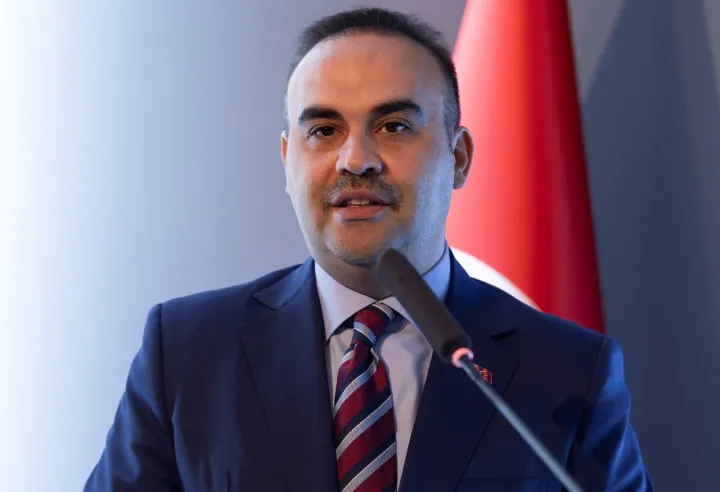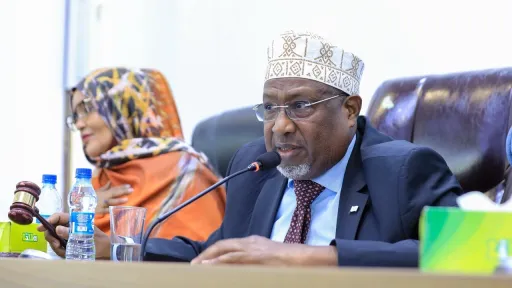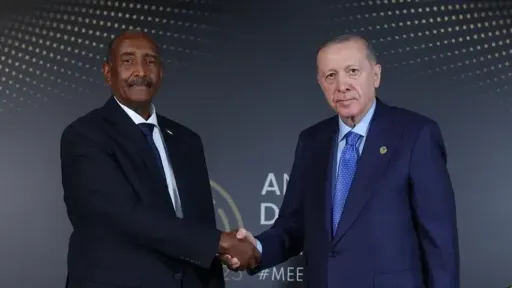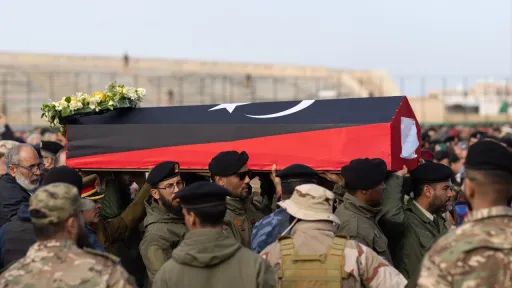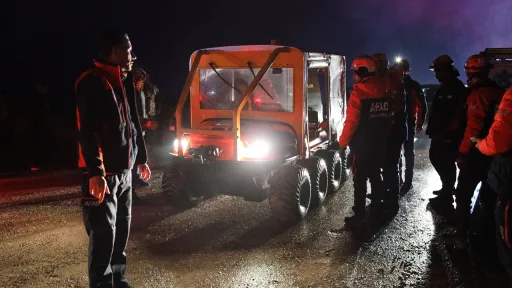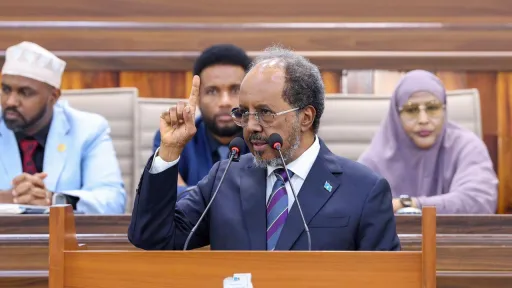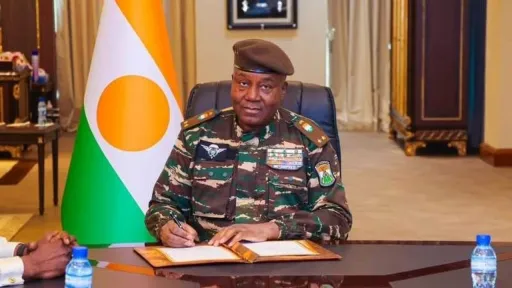By Samuel Ramani
On August 23, an Embraer Legacy 600 business plane travelling from Moscow to St. Petersburg crashed in Russia’s Tver Oblast. All people aboard the aircraft were killed, reportedly including the Wagner Group’s leader, Yevgeny Prigozhin and co-founder Dmitry Utkin.
Debates immediately swirled about what caused the plane crash – an accident or hit by a surface-to-air missile strike or an explosive device.
However, the broader question of the Wagner Group’s continued viability and the sustainability of its global influence operations looms large.
While the Embraer Legacy 600 crash eviscerated the most prominent figures in the Wagner Group’s senior command, the private military company (PMC) remains nominally intact.
Former Deputy Defence Minister Mikhail Mizintzev, who commanded Russian forces during the Siege of Mariupol, and Colonel Andrei Troshev, who was President Vladimir Putin’s hand-picked choice to replace Prigozhin as Wagner Group chief, were not on the crashed jet.
A vast network of mid-level officers and veteran mercenaries continue to staff the Wagner Group’s operations in Syria, Libya, the Central African Republic (CAR), Mali and Sudan, and 4,400 Wagner fighters remain in their recently created field camps in Belarus.
Despite these significant assets, the Wagner Group faces an existential struggle in the post-Prigozhin era. Although he only emerged publicly in Russia in September 2022, his bombastic brand of ultranationalism and populism made Prigozhin the personification of Wagner.
Influence in Africa
Rossiya-1 defence commentator Igor Korotchenko acknowledged Prigozhin’s legacy by quipping that Wagner was Russia’s second most famous brand after Kalashnikovs.
As Prigozhin played a critical role in recruiting 40,000 convicts to fight for the Russian army in Bakhmut and announced a new recruitment drive for Wagner’s Africa operations the day before his reported death, it is unclear who can replace his position.
The Wagner Group’s financial sustainability is also at stake. Valery Chekalov, the manager of Wagner’s oil assets in Syria and enabler of the Private Military Company's (PMC) munitions imports, was killed in the plane crash.
The loss of Chekalov’s logistical acumen and Prigozhin’s sanctions-busting experience complicates Wagner’s ability to finance its operations through oil, gold, and diamond exports.
As the Kremlin suspended financial support for the Wagner Group after Prigozhin’s abortive coup attempt in June 2023 and Belarus has not offered financial backing, Wagner could plunge into insolvency.
As the Wagner Group’s collapse would jeopardise Russia’s influence in Africa and deprive it of combat-hardened forces, Putin will likely place Wagner under the Russian Defense Ministry’s control.
Putin’s conciliatory remarks about Prigozhin after his death, which emphasised their connection since the early 1990s and his service to the Russian state, were an attempted olive branch to Wagner fighters.
Despite the Wagner-aligned Grey Zone Telegram channel’s claims that the crash was caused by traitors of Russia and A Just Russia-For Truth State Duma Deputy Sergei Mironov’s allusions to potential foul play from a Russian actor, there has been strict censorship of conspiracies about Kremlin involvement.
Possible replacement
This information control and the fear of retribution could convince previously recalcitrant Wagner soldiers to integrate with the regular Russian military.
Integrating Wagner’s African operations with the Russian Defense Ministry should be relatively smooth. In Sudan, Wagner primarily guarded gold mines, and former President Dmitry Medvedev supervised contracts with Prigozhin’s Meroe Gold company.
Libya National Army (LNA) chieftain Khalifa Haftar’s meeting with Russian Deputy Defence Minister Yunus-Bek Yevkurov immediately after Prigozhin’s death and CAR President Fausatin-Archange Touadera’s openness to cooperating with other Russian entities are encouraging signs.
Direct Kremlin assistance could help Wagner’s operations in Mali secure greater access to heavy weaponry, as they have experienced equipment shortages due to the Ukraine War.
A stable integration process of Wagner with the Russian Defense Ministry could eventually allow it to be hired by new clients, such as the military juntas in Burkina Faso and Niger.
In the longer term, the Kremlin could entrust other PMCs with the responsibilities it once afforded to Wagner. Redut PMC, which saw its ranks swell from 300 to 7,000 during the first year of the Ukraine War, was founded by former Prigozhin ally General Vladimir Alexeyev but coordinated closely with the Russian Defence Ministry.
This could allow it to integrate former Wagner fighters and advance Russia’s interests globally in a deniable fashion. Russian energy giant Gazprom’s PMC, which oversees the Flame, Stream and Torch militias, could also expand its international reach.
To prevent a repetition of Prigozhin’s consolidation of power and coup attempt, Putin will likely support an oligopolistic PMC network and refrain from entrusting a wide range of responsibilities in a single person’s hands.
Although Prigozhin’s death prompted fears of heightened instability in Russia and predictions of disruption to its global operations, early signs suggest that Putin’s grip on power has become more secure. Prigozhin’s legacy will live on in a newly reconstituted Wagner firmly in the Russian state's thumb.
The author, Samuel Ramani, is an International Relations expert and author of “Russia in Africa” & “Putin’s War on Ukraine”.
Disclaimer: The viewpoints expressed by the author do not necessarily reflect the opinions, viewpoints and editorial policies of TRT Afrika.


